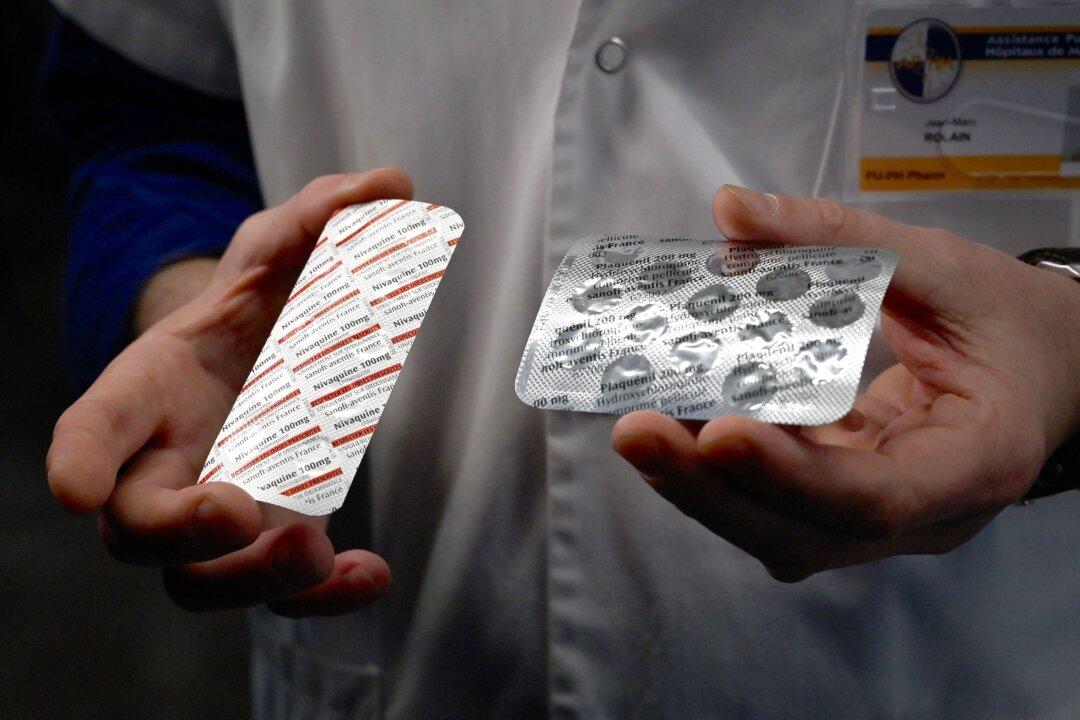Researchers have identified dozens of drugs and compounds, some experimental and others already approved by health authorities, that may be effective in combating the CCP virus.
The Epoch Times refers to the novel coronavirus, also called SARS-CoV-2, as the CCP virus because the Chinese Communist Party’s coverup and mishandling allowed the virus to spread throughout China and spark a global pandemic.





